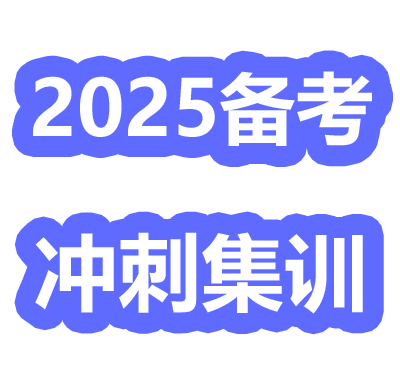
計劃說明
考研人數逐年增加,競爭之激烈使得我們不得不加急復習的日程。眾所周知,閱讀理解占據了考研英語二100分試卷的一半分值,而考研英語閱讀文章大多來自英美國家的主流報刊雜志,所以如果能在日常就多多閱讀這些文章,對以后讀懂文章做對題目來說會大有裨益。但是對大多數備考的同學來說,剛開始投入復習,就去讀考試文章難度的新聞報刊,也是不現實、并且不符合循序漸進的學習規律的,所以我們會在每次推送中,給大家給出兩篇短文,一篇是初階水平(大致在初高中水平);一篇是高階水平(四六級到考研水平);同學們可以根據自己當前的情況,選擇其中一篇進行學習。
學習步驟如下:
1.不看漢語譯文自己看一遍短文做理解
2.看漢語譯文比對自己理解的意思與之出入
3.強化記憶重點單詞(以記憶其漢語意思為主)
翻譯文段
Readers of Happy Money are clearly a privileged lot, anxious about fulfillment, not hunger. Money may not quite buy happiness, but people in wealthier countries are generally happier than those in poor ones. Yet the link between feeling good and spending money on others can be seen among rich and poor people around the world, and scarcity enhances the pleasure of most things for most people. Not everyone will agree with the authors’ policy ideas, which range from mandating more holiday time to reducing tax incentives for American homebuyers. But most people will come away from this book believing it was money well spent.
短文翻譯
《快樂理財》比較適合那些日子過得不錯但對自己的成就還不滿意的讀者們,而不是還在為糊口而奔波的人。金錢也許不能夠買來幸福,但是在這個世界上富裕國家的人們要比貧窮國家的人們更幸福一點。通過對比富國和窮國的人們購物的初衷就能發現把錢花在享受過程與買東西之間的區別,因此,對于大多數人來說稀缺可以提高他們對大多數東西的快樂感。不是所有的人都認同作者的這種政策性理念,這些理念包含從諸如調整更多的假期時間到減少美國購房者的稅收優惠。但是大多數看過這本書的人們都認為它值得一買。
重點單詞
privileged [?pr?v?l?d?d]
adj.有特權的; 受特別優待的; 榮幸; 幸運; 特許保密的
fulfillment [f?l?f?lm?nt
n.滿足感; 成就感; 履行; 實現; 完成; 滿足;
scarcity [?ske?s?ti]
n.缺乏; 不足; 稀少;
mandate [?m?nde?t]
n.授權; (政府的) 任期; 委托書; 授權令
v.強制執行; 委托辦理; 授權;
incentive [?n?sent?v]
n.激勵; 刺激; 鼓勵;





